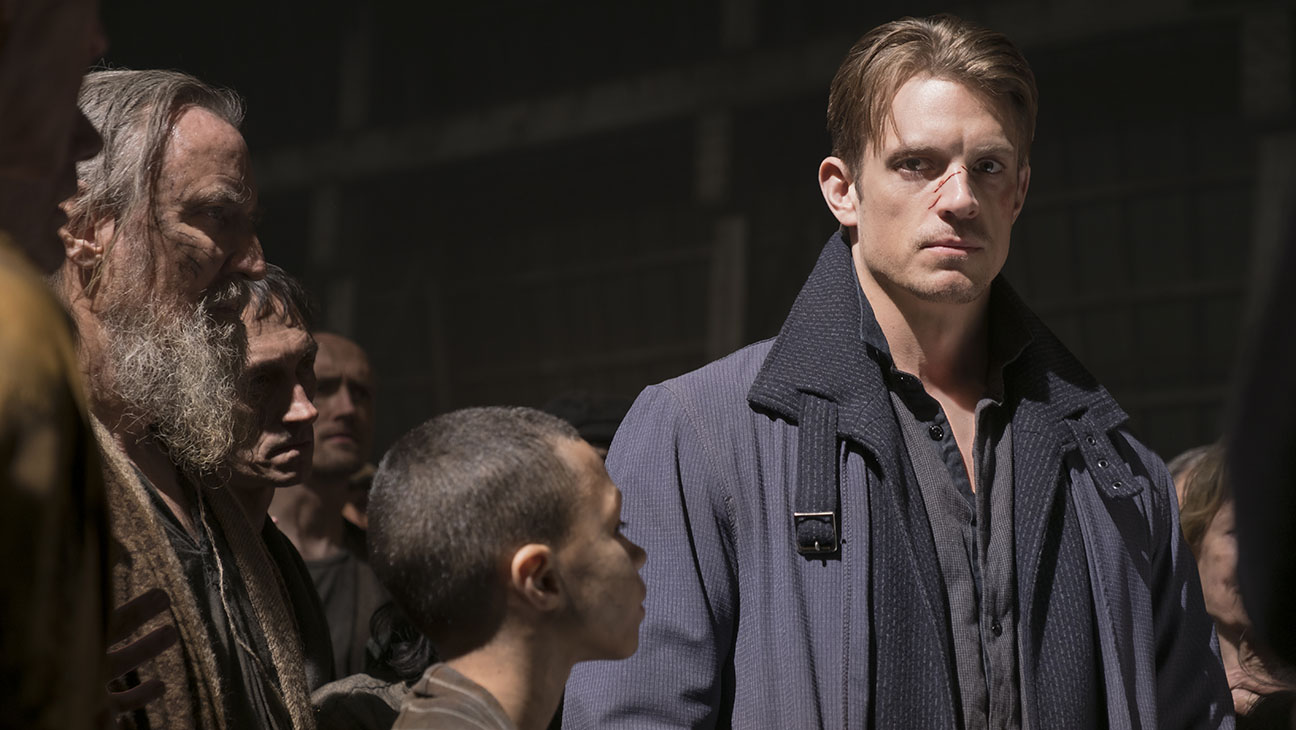
Power and Corruption in a Digital Age Themes of Authority in Altered Carbon
Power and Corruption in a Digital Age: Themes of Authority in Altered Carbon
In the realm of speculative fiction, few narratives explore the intersection of power, corruption, and technology as profoundly as Richard K. Morgan's "Altered Carbon." Set in a dystopian future where human consciousness can be transferred to different bodies, the series unveils a society grappling with ethical dilemmas around mortality, identity, and authority. With the rise of digital immortality comes the potential for unprecedented power, and consequently, the corruption that can stem from it. This blog delves into the intricate themes of authority within "Altered Carbon," examining how the characters maneuver through a world defined by wealth, influence, and the ethical quandaries of a post-human society.
The Nature of Authority in a Digital Age
At its core, "Altered Carbon" presents a new definition of authority. In a world where death has lost its finality, power dynamics shift dramatically. The rich elite—those who can afford to continue their existence in multiple bodies—hold dominion over the less fortunate, relegating them to mortality. This class divide reflects a deeper commentary on societal hierarchies. The novel suggests that authority in the digital age is closely tied to wealth and resource accessibility. Those who possess the means to purchase their "sleeves" are also able to manipulate their surroundings, consolidate power, and exploit the vulnerable. Thus, "Altered Carbon shop" symbolizes not just a marketplace but a reflection of a society where power is commodified.
The Consequences of Corruption
With power comes the potential for corruption, a theme pervading "Altered Carbon." Characters like Laurens Bancroft illustrate the moral decay that accompanies unchecked authority. As a wealthy meth—an individual who has achieved near-immortality through stacks and sleeves—Bancroft embodies both the pinnacle of power and the depths of depravity. His willingness to manipulate, exploit, and even murder to retain his status serves as a chilling reminder of what can happen when humanity abandons its moral compass. The quest for control leads to an erosion of empathy, showcasing how an unequal society can foster a culture where the powerful operate above the law, neglecting the needs and rights of others.
Identity and Autonomy
Identity in "Altered Carbon" is fluid and malleable; it is deeply intertwined with the themes of authority and control. The ability to switch bodies blurs the lines of personal identity, raising questions about what it means to be human. Characters like Takeshi Kovacs, the protagonist, grapple with their sense of self in a world that allows for commodification of consciousness. This dilemma highlights a significant loss of autonomy, as individuals can be reduced to mere assets within someone else’s agenda. Here, the "Altered Carbon shop" serves as a literal and metaphorical marketplace for identities, reinforcing the notion that in this digital landscape, one's worth is often dictated by power dynamics and societal roles.
Resistance and Reclamation of Power
Ultimately, "Altered Carbon" offers a narrative of resistance against these corrupt systems of authority. Kovacs’ journey is a compelling commentary on reclaiming power in a world designed to exploit the vulnerable. Throughout the series, themes of rebellion and agency emerge as key players challenge the status quo. This fight against the oppressive structures encapsulates a universal desire for autonomy and justice, resonating with contemporary issues surrounding power and corruption in our own digital age. The struggle against the elite serves as a reminder of the enduring importance of accountability, urging readers to reflect on the implications of technology and authority in their lives.
In conclusion, "Altered Carbon" poignantly depicts the impact of power and corruption in a digital age, weaving deeply complex themes of authority throughout its narrative. By exploring the consequences of an unequal societal structure, the commodification of identity, and the necessity of resistance, Morgan’s work remains relevant as we navigate our evolving relationship with technology and authority. It prompts an essential dialogue about ethics in an age of digital immortality and the dangers when power is unchecked.









